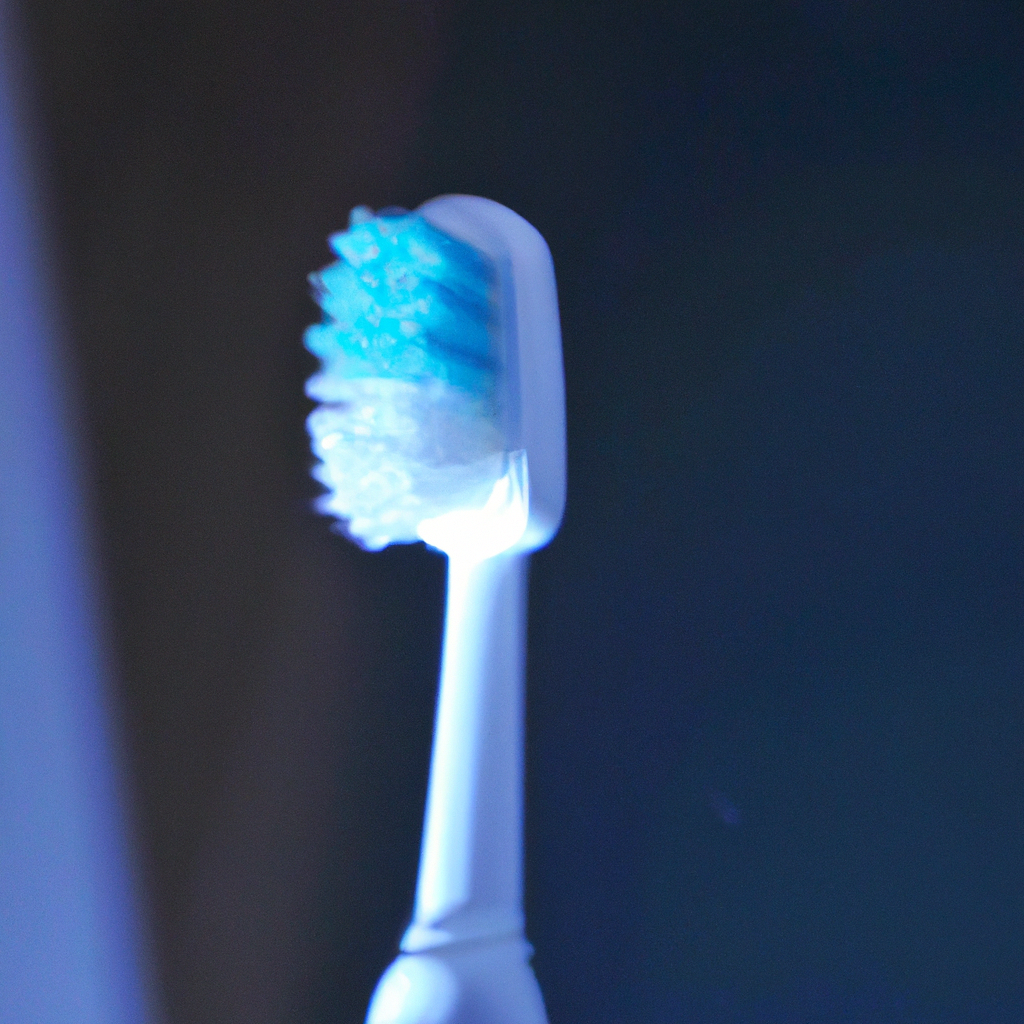Electric toothbrushes have become a popular option for dental care and oral hygiene. They are designed to provide more effective teeth cleaning than traditional manual toothbrushes. In this article, we will explore how an electric toothbrush cleans teeth, the benefits of using an electric toothbrush, and how to choose the right electric toothbrush for your oral hygiene needs.
How does an electric toothbrush clean teeth?
Electric toothbrushes use oscillating or rotating motions to clean teeth. The bristles of the toothbrush move rapidly, brushing away plaque and food particles from teeth and gums. The vibrations produced by the electric toothbrush can reach areas of the mouth that are difficult to access with a manual toothbrush, including the back teeth and gum line.
Electric toothbrushes also often have a timer to ensure that you brush your teeth for the recommended two minutes. Some electric toothbrushes also have pressure sensors that alert you if you are brushing too hard, which can lead to gum damage and tooth sensitivity.
Benefits of using an electric toothbrush
Using an electric toothbrush can provide several benefits for your oral hygiene. Here are some of the advantages of using an electric toothbrush:
1. More effective cleaning: Electric toothbrushes are designed to provide more effective teeth cleaning than manual toothbrushes. The rapid movements of the bristles can remove more plaque and food particles from teeth and gums.
2. Better access to hard-to-reach areas: The vibrations produced by an electric toothbrush can reach areas of the mouth that are difficult to access with a manual toothbrush, including the back teeth and gum line.
3. Timer and pressure sensors: Many electric toothbrushes come with a timer to ensure that you brush for the recommended two minutes. Some electric toothbrushes also have pressure sensors that alert you if you are brushing too hard, which can lead to gum damage and tooth sensitivity.
4. Improved gum health: Electric toothbrushes can help improve gum health by removing more plaque from the gum line. This can prevent gum disease and other oral health problems.
Choosing the right electric toothbrush for your oral hygiene needs
There are several factors to consider when choosing the right electric toothbrush for your oral hygiene needs. Here are some tips to help you choose the best electric toothbrush for you:
1. Type of brush head: Electric toothbrushes come with different types of brush heads, including round, rectangular, and diamond-shaped heads. Choose a brush head that is comfortable for you to use and can reach all areas of your mouth.
2. Brushing modes: Some electric toothbrushes come with different brushing modes, such as sensitive, deep clean, and massage modes. Choose a brushing mode that best suits your oral hygiene needs.
3. Battery life: Consider the battery life of the electric toothbrush. Some electric toothbrushes have longer battery life than others, which can be important if you travel frequently or do not have easy access to a power source.
4. Price: Electric toothbrushes can vary in price, from affordable options to more expensive models. Choose an electric toothbrush that fits your budget and provides the features you need.
Conclusion
Electric toothbrushes provide more effective teeth cleaning than traditional manual toothbrushes. The oscillating or rotating motions of the brush head can remove more plaque and food particles from teeth and gums. Using an electric toothbrush can also help improve gum health and prevent oral health problems. When choosing an electric toothbrush, consider factors such as the type of brush head, brushing modes, battery life, and price to find the best option for your oral hygiene needs.







